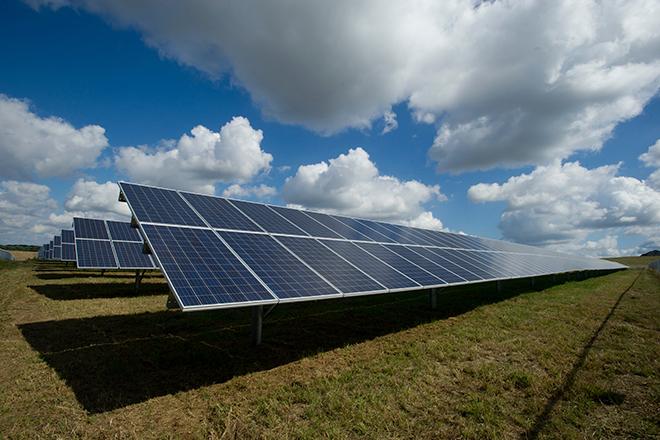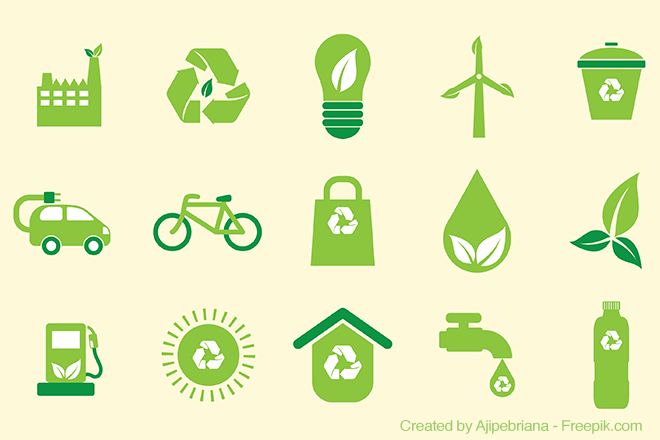Ethical Dimensions of Renewable Energy and Sustainability Systems

Credit: Solar Panels by American Public Power Association is free to use
Resource Description
This course presents an examination of ethical issues relevant to systems-based research procedures, professional conduct, social and environmental impacts, and embedded ethics in research and professional practice in RESS based jobs. In this course, you will consider case studies of ethical issues that can arise when engaging renewable energy and sustainability systems. You will also develop an ethics case study based on your area of RESS interests. The goals of the course are to provide you with tools for analyzing ethical issues both in the line of professional duties and in consideration of the various ethical issues that face an entire sector of renewable energy and that underpin the very reasons for taking a sustainable and renewable approach. Learn moreGlobal Energy Enterprise

Credit: Lobbying 161689 by OpenClipart-Vectors is licensed under CC0
Resource Description
Have you seen a Clean Coal baseball cap? In the challenge to meet soaring energy demand with limited resources, volatile issues like those related to the environment, national security and public health are often addressed outside of normal market transactions and are called externalities, or nonmarket factors. Stakeholders can act in resourceful ways to create a nonmarket environment that best serves their interest. A firm may challenge a law that makes it expensive or difficult to do business or compete with others, for example. An individual may organize a boycott of products or services that violate the individual's interests or principles--hey, don't buy from them! Nonmarket strategy in the energy sector is the subject of this engaging course. Learn moreOrientation to Energy and Sustainability Policy

Credit: Green Environmental Icons Collection from ajipebriana is free for use (modified)
Resource Description
EMSC 302 provides an orientation of the Energy and Sustainability Policy (ESP) degree program, preparing students for further study in the five program learning outcome areas: energy industry knowledge, global perspective, analytical skills, communication skills, and sustainability ethics. It also provides an introduction to the basic skills necessary to be successful in higher-ed online learning, including communication and library skills. Learn moreSustainability and Non-Market Enterprise

Credit: White Windmill by fxxu is licensed under CC0
